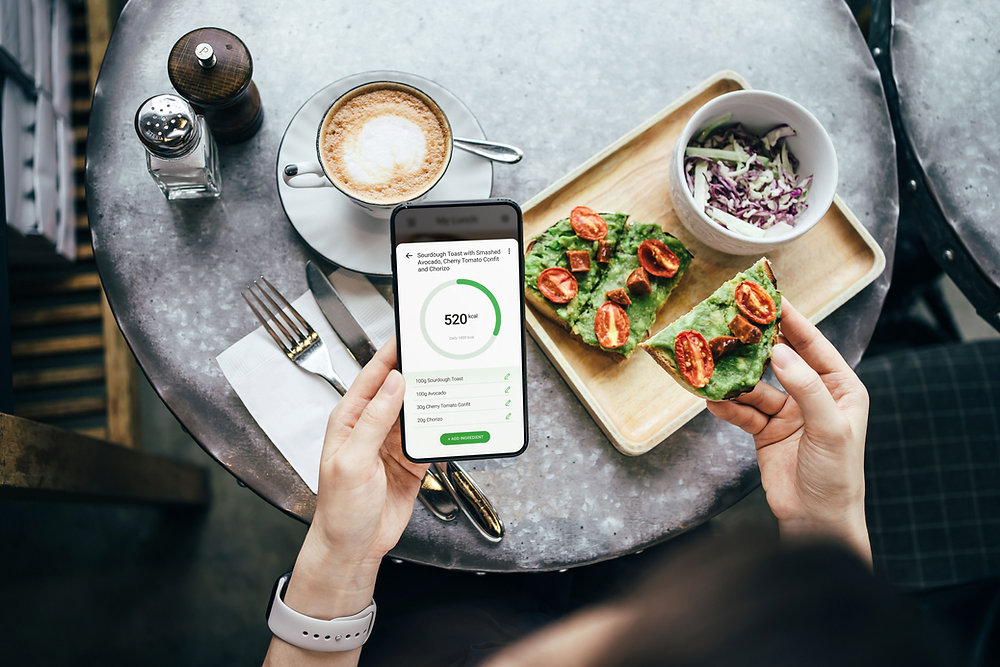
Stop weighing yourself. The number on the scale does not determine how much you’re “allowed” to eat today. At the very least, I encourage you to get curious about your relationship with the scale. What is the intention of weighing yourself? What are the pros and cons of weighing yourself? How does the scale impact your food choices and your mood?
Examine your rules around food. The more rules that you have around food the more stressed you will be if you “break” those rules. If you were to toss the rules to the side, then you can’t break the rules or feel guilty and stressed about doing so.
Challenge your inner food police. The food police is really the enforcer of your food rules; it is the voice in your head that tells you what you should and shouldn’t eat, how much you should eat and when you should eat. It’s your inner critic that judges what, when and how you eat and also labels food as “good” or “bad”. It comes from things you hear, read, or see. There is so much information it can be hard to filter what is true and what is not. But at the end of the day, food is food. It’s needed to live.
Set boundaries. Food shaming is a thing, but it doesn’t have to be. Set boundaries between what is okay and not okay for you when it comes to food conversations. Clear boundaries allow you to not let anyone force seconds on you or question what you are choosing to eat. It’s okay to politely remind them that it’s up to you to decide when you eat and what you eat and how much you eat.
Listen to your intuition. Re-connect to your hunger and fullness cues. Check-in with your body so that you can eat when you are hungry, and not when you think it should be mealtime. Remember to not ignore your hunger cues because you ate a big meal (or binged) before and feel like you shouldn’t be hungry yet. Honouring your physical hunger will allow you to build your relationship with your body.
Practice self-awareness. Get curious about how you feel and act and in certain food-related situations. Use your journal to explore – what your thoughts and feelings are around food. Becoming aware of your food choices, feelings, and eating triggers can help you determine small changes that you can make to make the experience less stressful the next time.
Have patience. Small meaningful steps lead to huge results. It has taken years to get you to where you are so things may not change overnight. Remember to start small, offer yourself compassion, and celebrate each small step you make towards a healthier relationship with food.









